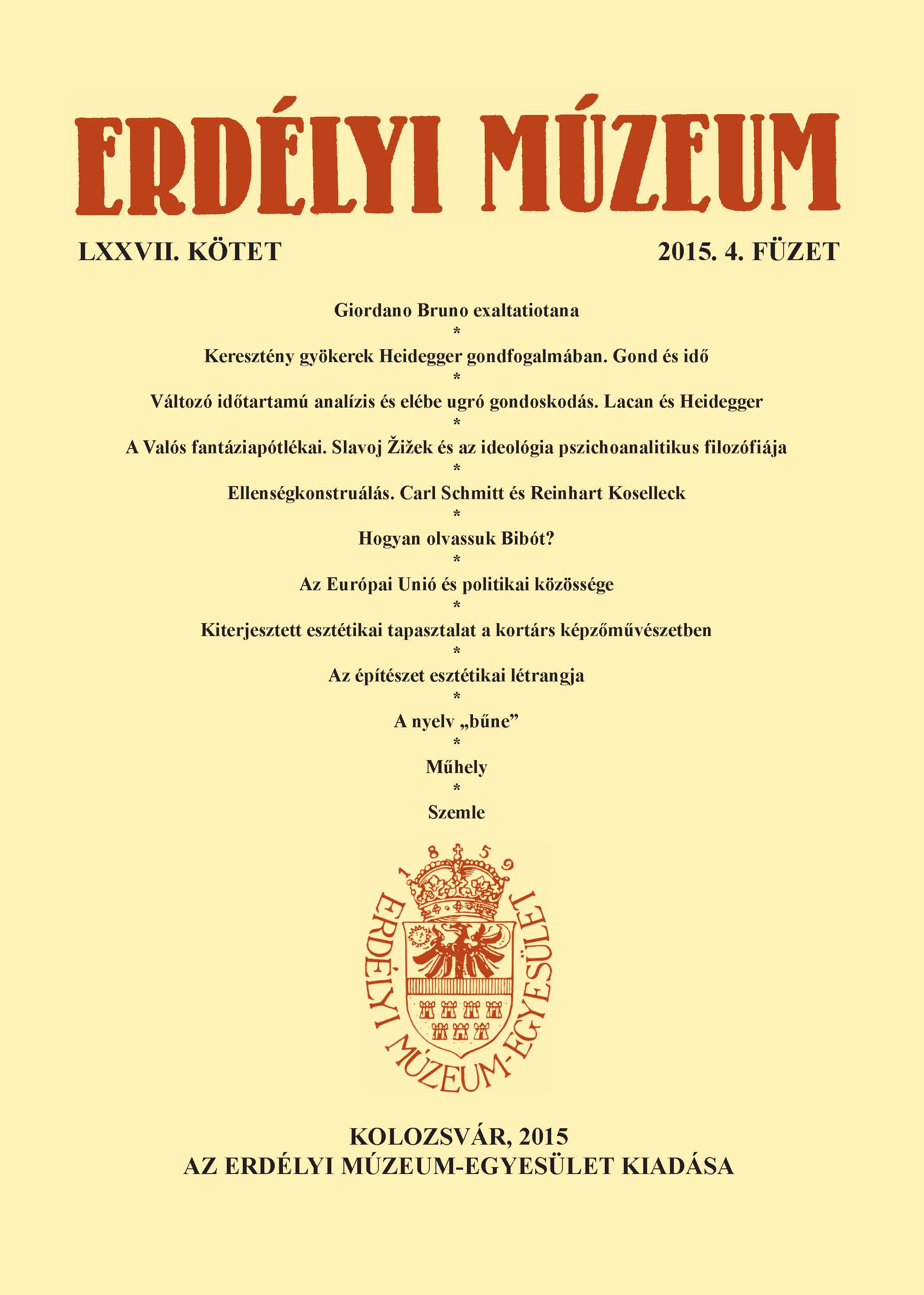A földrajzi tér értelmezése a görög hagyományban Thuküdidész, Xenophón és Sztrabón munkái alapján
The Interpretation of the Geographical Space in the Greek Tradition Based on the Work of Thucydides, Xenophon and Strabo
Author(s): Vince MagSubject(s): Philosophy
Published by: Erdélyi Múzeum-Egyesület
Keywords: space elements; geographical space; mental mapping
Summary/Abstract: The interpretations of the spatial diversity stems not so much in the differences of the general concepts but stems in almost endless variety of the different spaces because the different social contents accentuate the special appearances of the spatiality, results of the levels and dimensions. Thus, the various social groups consider different elements which are important for themselves because their social determinations are different. The evolution of the European political geographical thinking is in the similar situation because it can be traced back deeply and it has very deep historical roots. The historical geography literature reached an agreement in the subject, that the roots of the political geographical thinking can be searched in the classical Greek philosophy. Therefore this paper discusses the relation between the Greek tradition and the mental space in the political geographical perspective. After all, I believe that the geographical environment, the spatial organization, the analysis of the spatial processes interaction and formulation of the geographical deterministic can be traced back to classical Greek philosophy. We should mention Plato and Aristotle’s works, however I consider it necessary to analyze the subject from another side, in particular, I would like to consider works of Xenophon and Thucydides supplemented with Strabo’s book titled Geographica. The main issue of this study is how realize the concept of space at these authors, how is actualizing the problem of the mental space and how is incorporated in the Greek tradition which defines the different spatial perceptions and the contemporary perspectives.
Journal: Erdélyi Múzeum
- Issue Year: LXXVII/2015
- Issue No: 4
- Page Range: 128-136
- Page Count: 9
- Language: Hungarian

